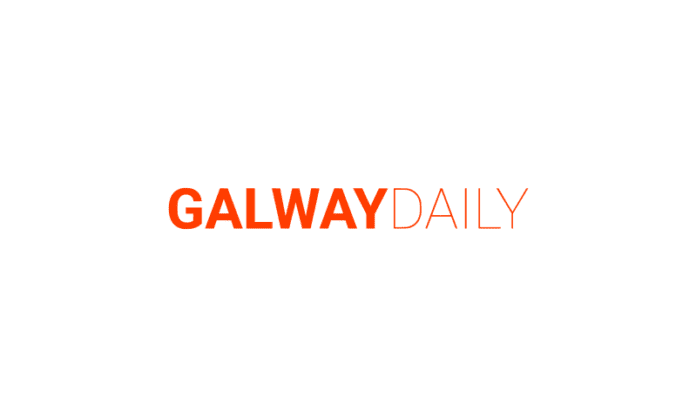The Irish gambling industry is moving into a stricter era with the new Gambling Regulation Act and the creation of the Gambling Regulatory Authority of Ireland. For a long time, gambling laws in the country were outdated and often ignored the rise of online play, but that is changing as Ireland looks to modernise. The aim is to make online casinos safer while holding operators to higher standards and ensuring that advertising and promotions are handled more responsibly.
For players who enjoy online casinos, these changes will be noticeable. Promotions like free spins and no deposit offers are already being looked at closely to see if they are still compliant. While this may mean fewer flashy offers, it also means players will have more transparency about what they are signing up for.
However, not everyone will feel the same impact. Those who play at the best Irish online casinos licensed in other jurisdictions will continue to see many of the benefits that made those platforms popular, such as large game libraries, generous bonuses, and loyalty programs that reward regular players. The differences between locally regulated platforms and those based abroad may influence where people decide to spend their time.
One of the main focuses of the new regulator is advertising, with its partnership with the Advertising Standards Authority. In the past, gambling companies could promote their offers with very little restriction, which often led to exaggerated claims. Now, any advertising has to be clear and accurate.
This means operators will have to be careful with how they promote bonuses and special offers. For players, this might seem like a step backwards because there will be fewer dramatic promotions, but the trade-off is more honesty and less chance of being caught out by small print.
Another important part of the reforms is identity and age verification. Casinos will need to prove that players are who they say they are before allowing them to play. This is designed to stop underage gambling and to prevent fraud, something that has become a concern as more people gamble online. While this could make signing up slightly slower, it adds more trust for players who want to be sure their money and personal information are safe.
Responsible gambling tools will also become a bigger part of the Irish market. Players will be able to set limits on deposits, exclude themselves from play for a period of time, or use other features designed to help manage their habits. These tools already exist on some international platforms, but they will now become mandatory for all operators licensed in Ireland. For players who only gamble occasionally, these tools may not make much difference, but for those who spend more regularly, they could provide useful safeguards.
For operators, the new rules will bring extra costs and responsibilities. They will need to invest in better verification systems, clearer advertising, and customer support that helps players use responsible gambling tools. Some smaller operators may struggle to keep up with these demands, but larger companies with more resources will likely adapt and use compliance as a way to win trust. Being able to say that they are fully licensed and compliant in Ireland could become a strong selling point.
There are advantages for operators beyond trust. With rules clearly laid out, there is less uncertainty about what they can and cannot do. Instead of trying to compete with exaggerated or misleading offers, companies can focus on improving their games, platforms and customer service. This levels the playing field and gives operators confidence that they are not being undercut by rivals who take shortcuts.
For players, the benefits are also clear. The biggest gain is transparency. When promotions are easier to understand, players know what they are getting before they commit. The use of responsible gambling tools also gives people the ability to stay in control of their spending, which reduces the risk of problems. Also, with more secure identity checks, players can trust that their accounts are protected.
The Irish government also stands to gain from this modernised framework. With proper licensing and taxation, revenue from gambling can be used within the country. At the same time, the government can say it has taken steps to protect consumers and reduce the risks associated with online gambling. Ireland is now moving closer to other European countries that already have stricter oversight and more established regulators.
Even with these changes, many Irish players will continue to look at international platforms. Casinos licensed abroad are often more competitive with their promotions, game selection, and loyalty systems. Unless enforcement is extended to block these options, players who want more variety or more generous rewards will still have easy access to them. This means the Irish regulator will need to balance its efforts carefully. Too many restrictions could push players away from local operators, while a fair balance could strengthen the domestic market.
The shift to tougher oversight marks a significant moment for gambling in Ireland. For players, it brings both protections and limitations, and for operators, it means more responsibilities but also more credibility. How both sides adapt will shape what the Irish gambling landscape looks like in the years ahead.














